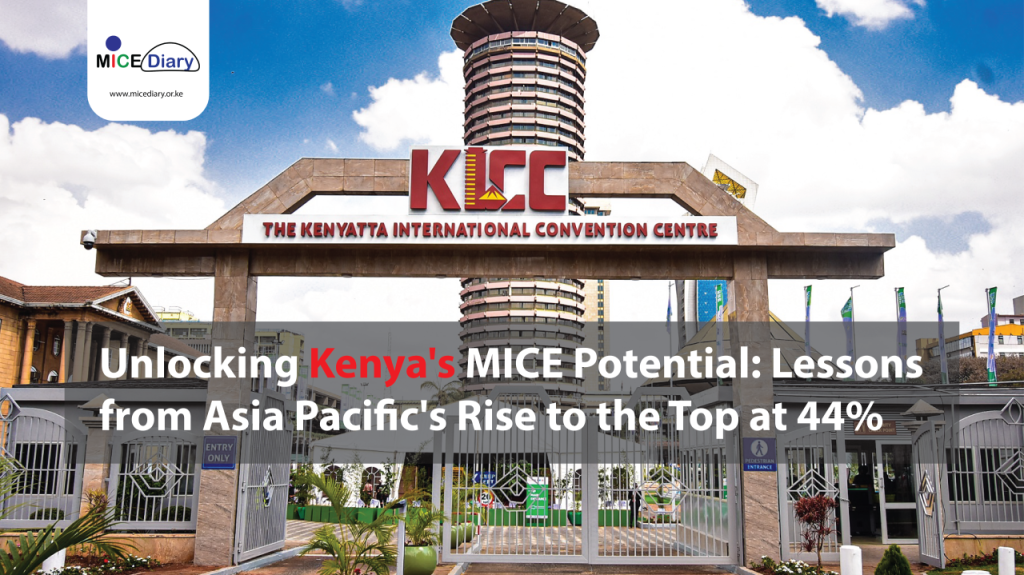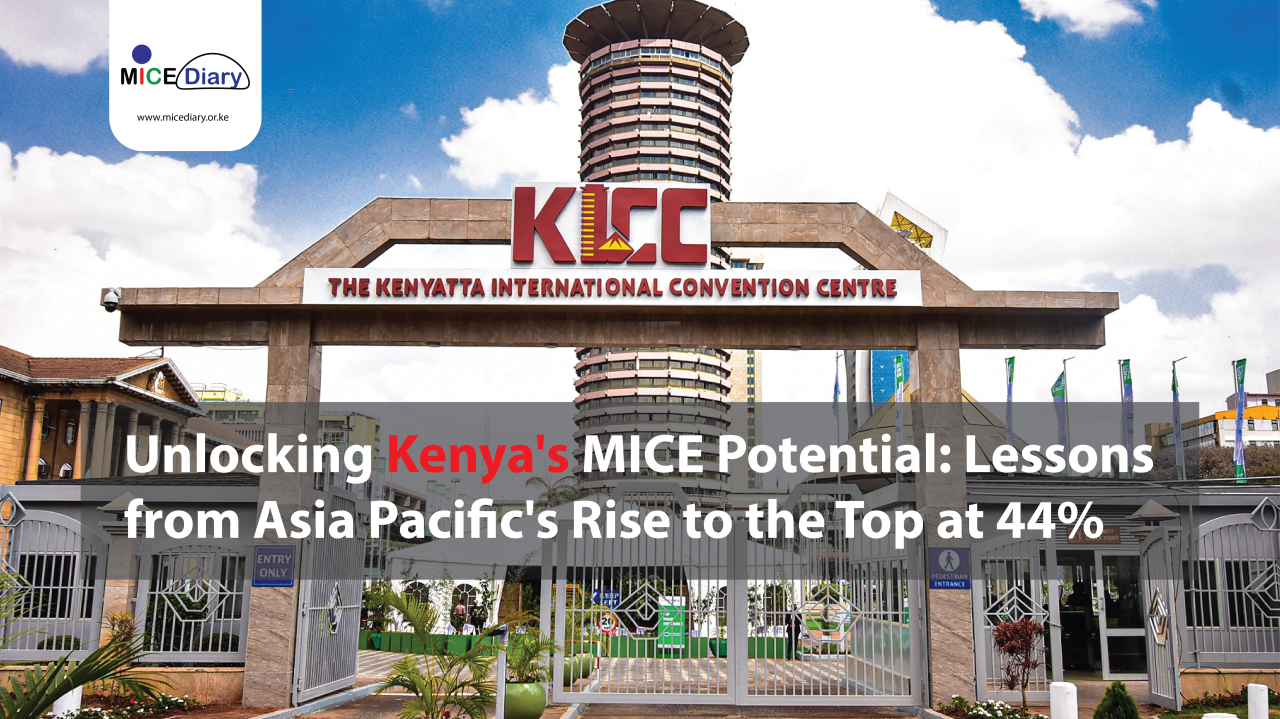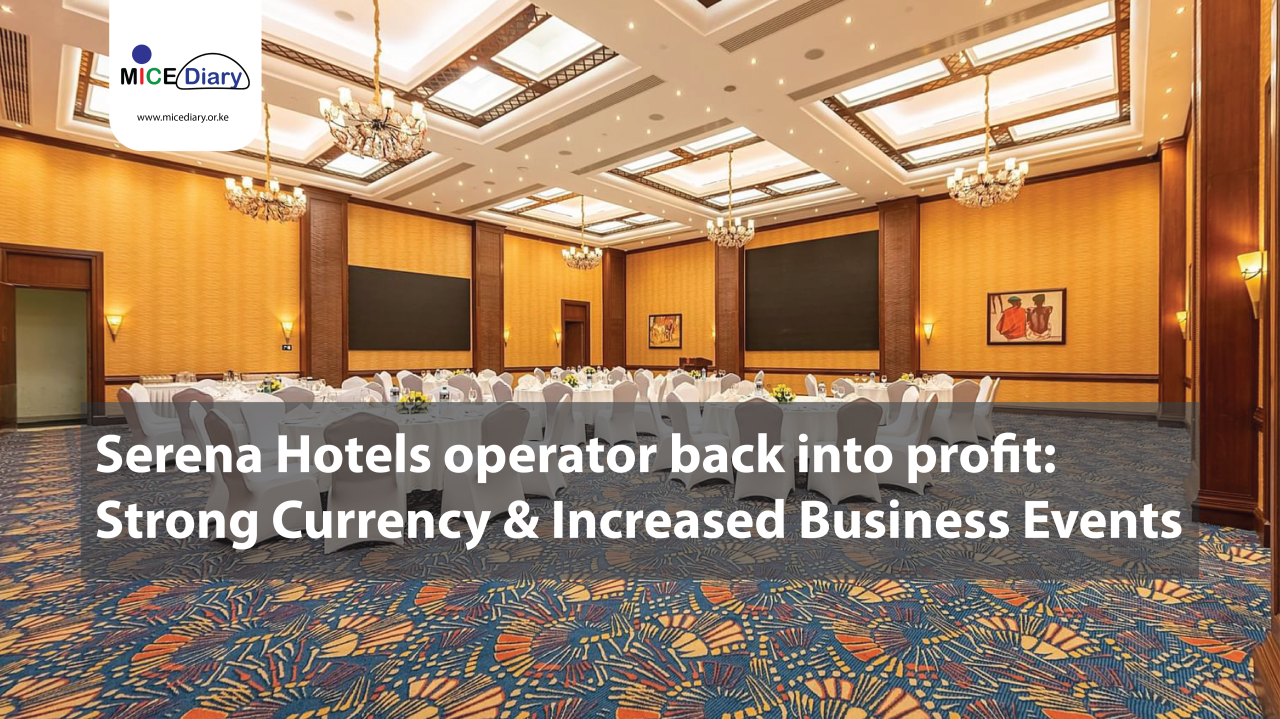
The Asia Pacific (APAC) holds the largest market revenue share of the global MICE industry at 44% as of 2022, while the Middle East and Africa combined account for only 2% of the global market revenue, which is the lowest slightly below Latin America at 4%. The key drivers of the Asia Pacific MICE markets are China, Japan, and India. This is due to the increased economic activities within the region, especially in the manufacturing and engineering sectors. The APAC region is enjoying the MICE Bull market due to the increasing economic growth within the region, the increased number of middle-class people, and increased corporate spending that spur growth and innovation in the sector, from state-of-the-art infrastructure to event technology. China, Japan, and India are the world’s largest economies with lots of business interconnectedness and harmonised trade agreements. These are just a few unique ISPs in the APAC region.
On the African continent, South Africa, Rwanda, and Kenya, respectively, were the key drivers of MICE in Africa according to the ICCA ranking 2023. Despite Rwanda being a very small economy compared to South Africa and Kenya, it has positioned itself strategically as a MICE destination; due to the goodwill from the government from the formation of the Rwandan Convention Bureau & Rwanda Convention Centre and improved security and cleanliness, especially in the Central Business District. For the longest, Kenya has been the second runner-up, which caught the unaware of the Rwanda Effect. So, what can Kenya do to retain its position, and surpass South Africa, and what key lessons does APAC have to offer?
1. Invest in More Infrastructure Developments in Nairobi and Mombasa
Kenya needs to invest in world-class convention centres since we only have KICC Kenya , hotels like JW Marriott Nairobi , and transportation networks to attract international events, such as reducing the SGR travel hours and schedule. Improving airport connectivity and building modern venues can position Kenyan cities as attractive MICE destinations.
2. Enhance government incentives and tourism policies.
The government needs to create favourable tourism policies, provide incentives, and establish dedicated agencies like the Kenya National Convention Bureau to promote the MICE sector. Offering subsidies, tax breaks, and grants to event organisers can boost MICE activities.
3. Promote regional collaboration with other neighbouring countries.
African countries can benefit from regional cooperation and integration, similar to the APAC model. Enhancing the implementation of the African Continental Free Trade Area (AfCFTA) and partnerships can stimulate intra-African trade and MICE events.
4. Leverage unique cultural and natural assets.
Kenya has a rich cultural heritage, diverse wildlife, and natural beauty that can be leveraged to attract international MICE events. Promoting unique experiences, such as safaris, cultural tours, and eco-tourism, can make Kenya a compelling destination.
5. Adopt technology and innovation.
Embracing digital platforms, virtual and hybrid events, and integrating advanced technologies into MICE activities can enhance Africa’s competitiveness. Investing in technology infrastructure and training will be crucial.
6. Focus on safety, cleanliness, and security in major cities.
Ensuring safety and security is paramount for attracting international events. African countries must focus on improving safety measures, healthcare facilities, and crisis management strategies to build confidence among event organisers and attendees.
7. Develop a Skilled Workforce Specialising in MICE
Investment in proper education and training for the MICE sector is essential. Building a skilled workforce specialising in events management, hospitality, and tourism will support the growth of the MICE industry in Kenya. The Technical University of Kenya , Boma International Hospitality College , and The Events Academy have dedicated programs for events management.




